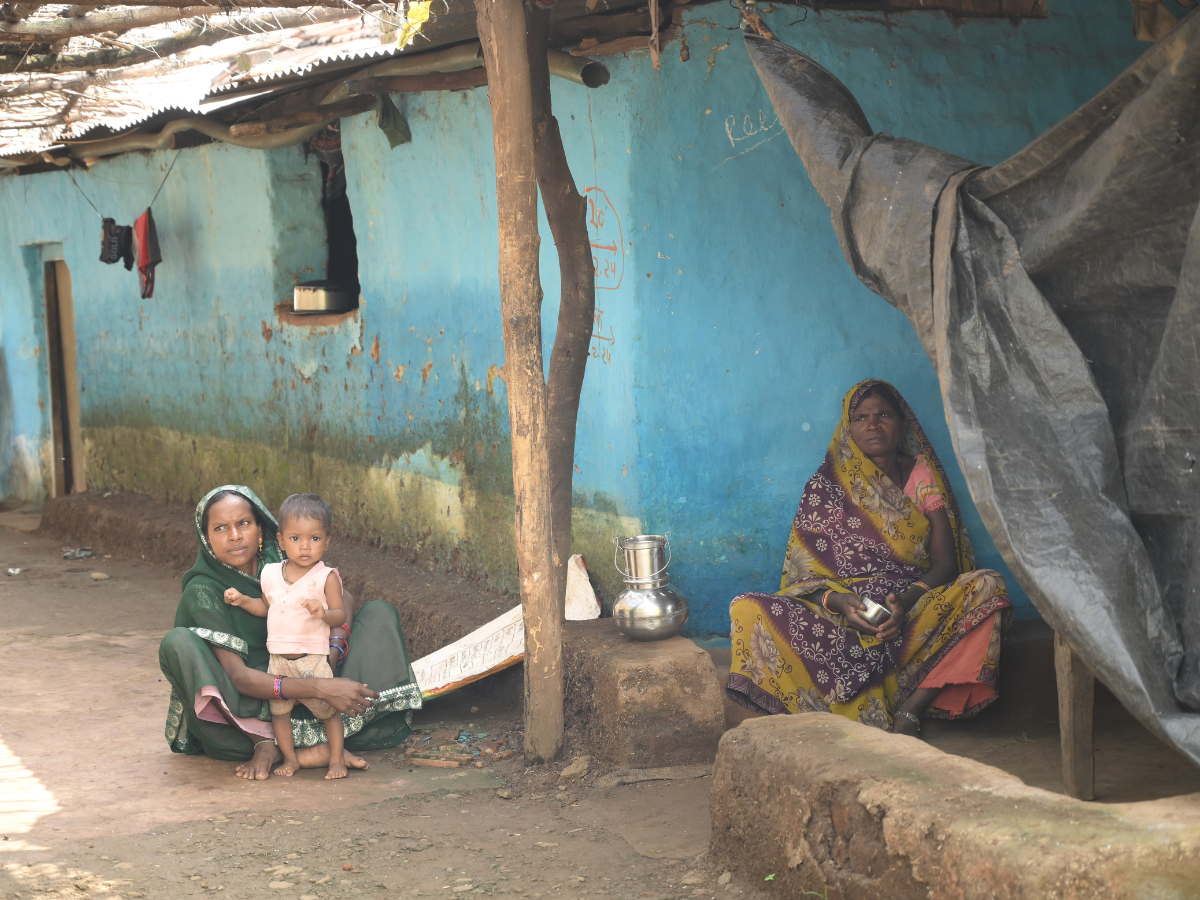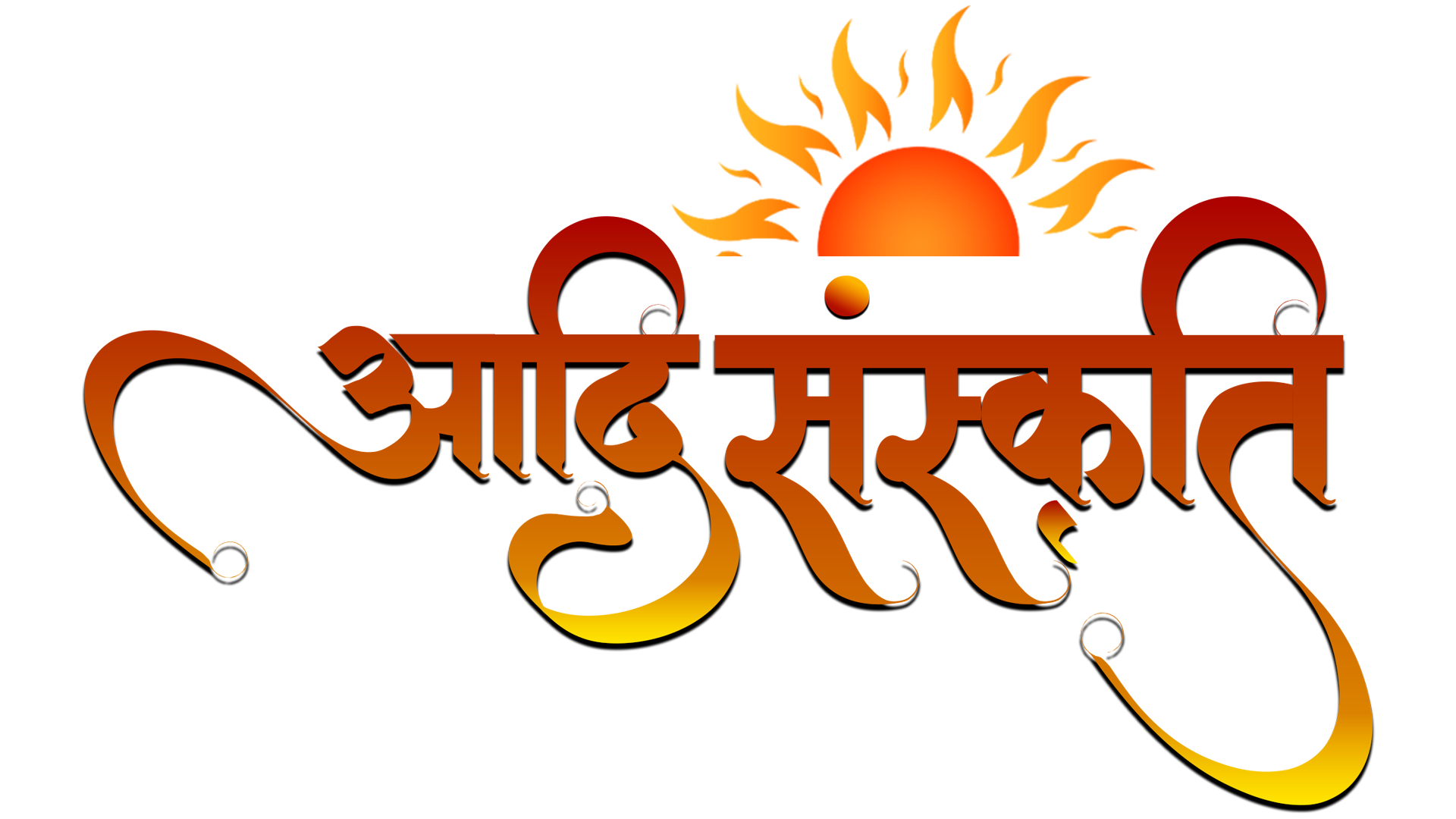
Themes
tribal ecological knowledge
Korku’s Ecological Knowledge, madhya pradesh
In Central India the Korku tribe has a large store of environmental knowledge which they use as a guide for their interaction with natural resources. This knowledge of local plant species, wildlife behavior, and natural cycles is what they have built up over generations. What we see in them is a very present and practical environmental awareness which has been passed down through the years. Also they are into sustainable practices like regulated hunting, rotational farming, and selective tree cutting. These practices which they follow are a very much a part of their great effort to conserve the bio diversity of their environment which mainly includes the Satpura and Melghat areas where they are primarily based.
The Korku community has come up with what is in fact a very unique set of agricultural practices which they have developed for the tough terrains of Madhya Pradesh. They produce basic crops like millet and maize and also are into potato and coffee farming. With the use of traditional knowledge, they do very environment friendly farming which in turn helps in maintaining soil health and also to fight soil erosion. These sustainable practices also show the large role that this tribe has in their land which in turn also provides food security for them.
Korku tribal members have extensive knowledge in the field of ethnobotany which they use for medicinal purposes. They live off native herbs which include neem for its anti-bacterial properties and mahua flowers used in remedies and also as a base for traditional drinks. This knowledge which is passed down through the generations is very much a part of the health care structure in out of the way areas and also is a very much a practice that is tied to their environment for health and wellness.
The Korku community has reports of successful community based conservation which they have put in place to protect local ecosystems. They do this often with the guidance of village elders. Also they organize in to seasonal rituals which control the use of forest resources which in turn prevents overharvesting and supports reforestation. What they do is a model for sustainability of forested areas in their territory which in turn is a picture of the tribe’s role in biodiversity conservation within the Pachmarhi Biosphere Reserve and beyond.
Facing issues like that of habitat degradation the Korku tribe has put forth great resilience by adopting traditional practices to present day environmental issues. They are into continuous improvement of farming methods, adoption of water resource conservation, and in soil preservation practices which in turn sustain their ecological system. These adaptive strategies present them as a model of sustainable living in the face of environmental stress.

